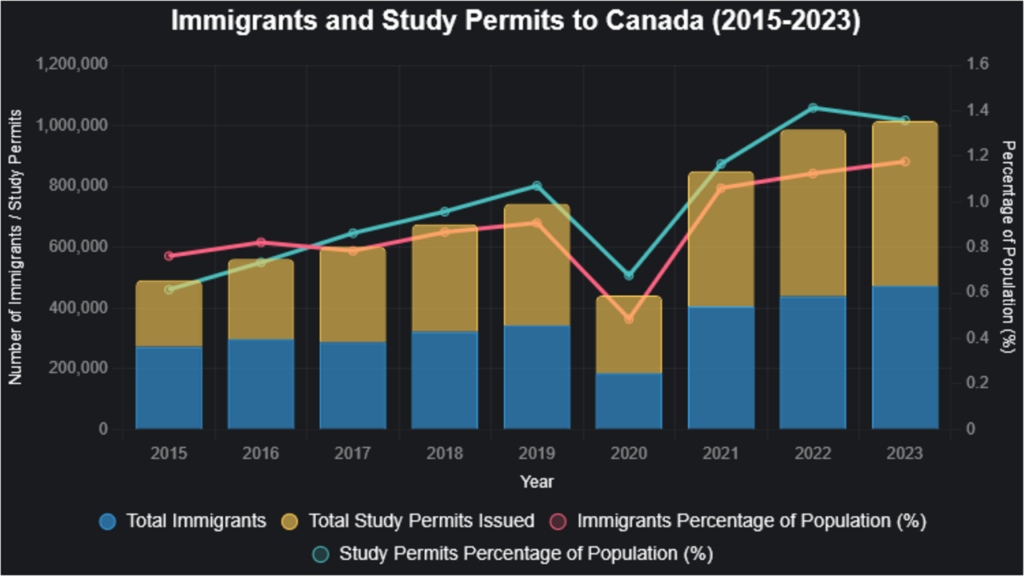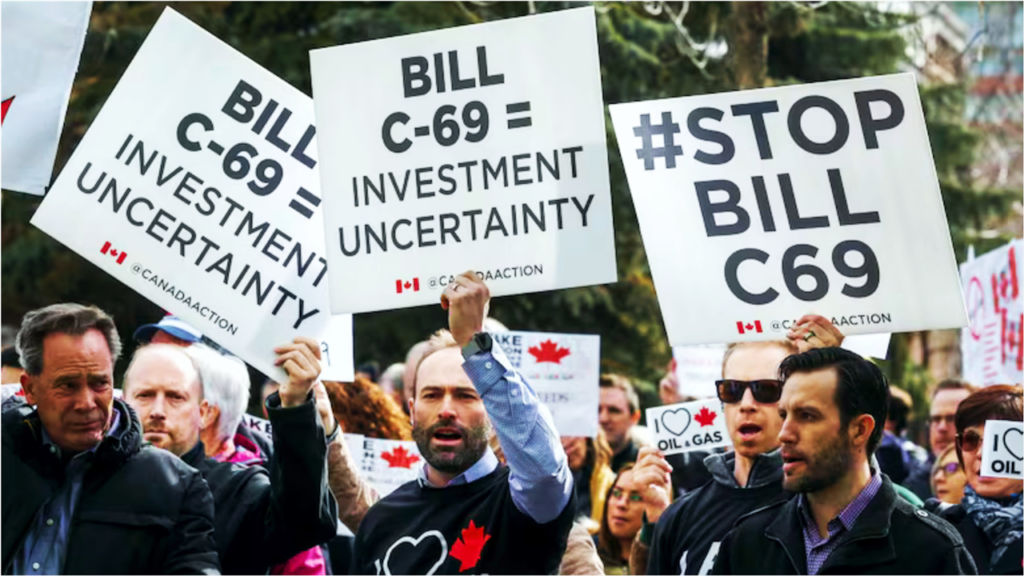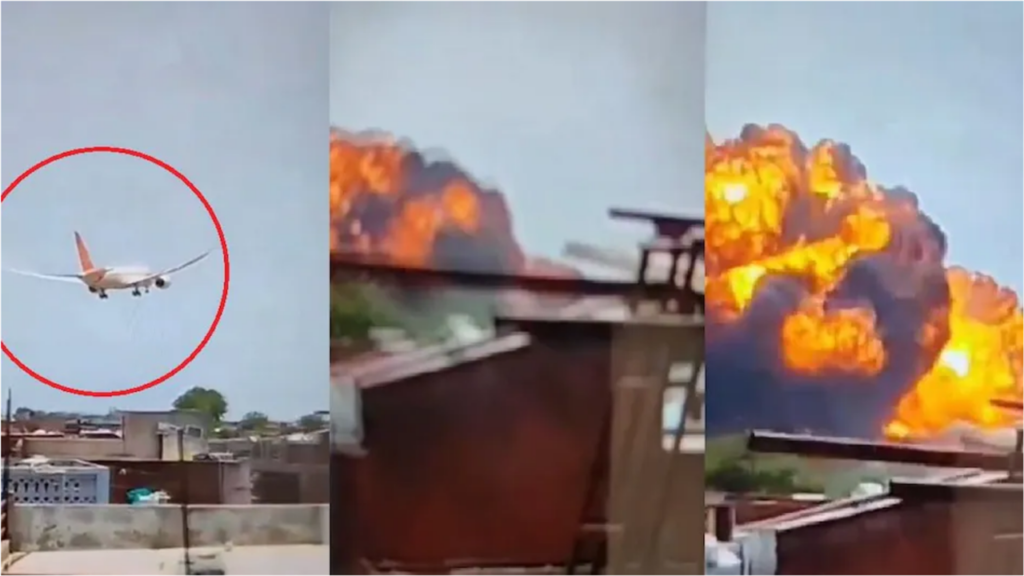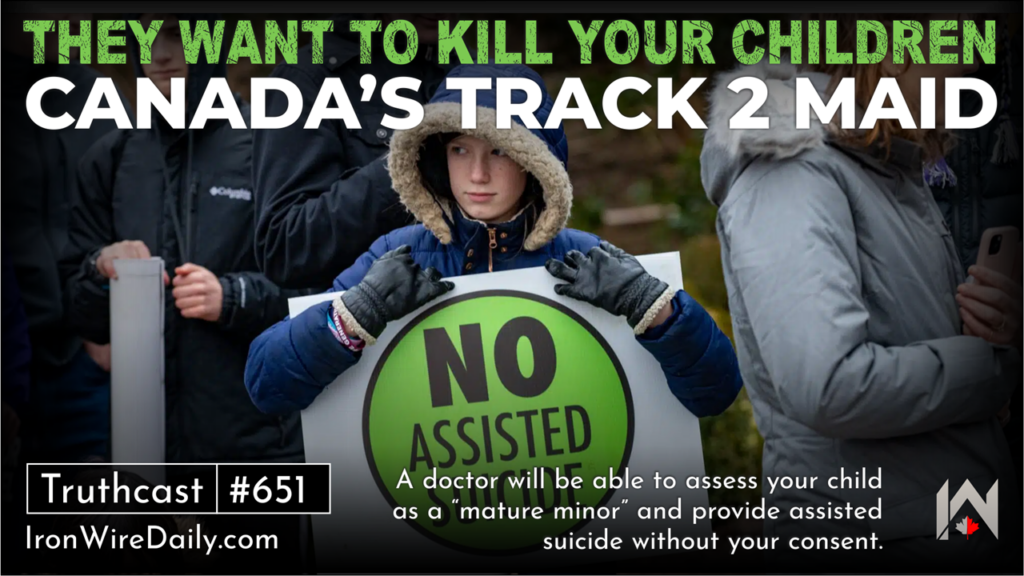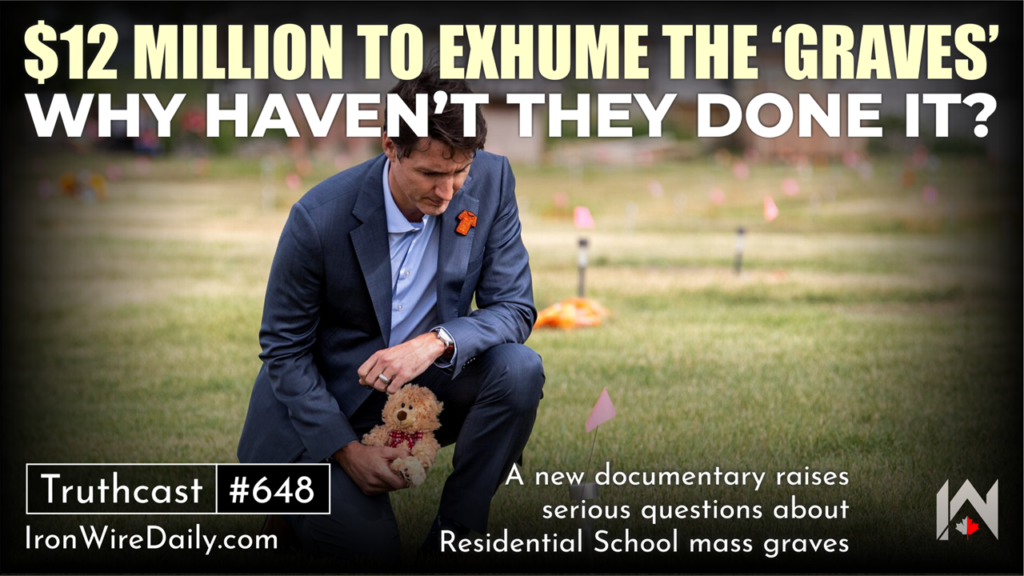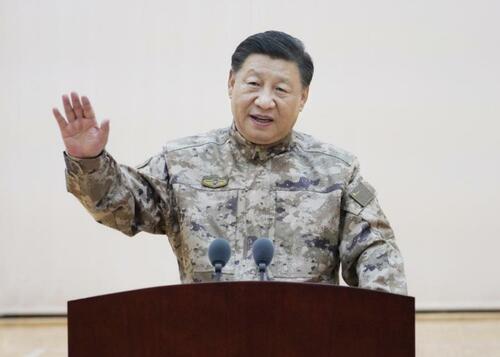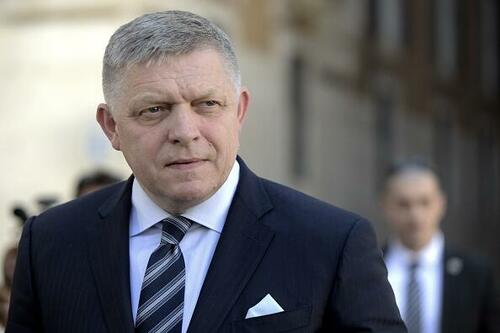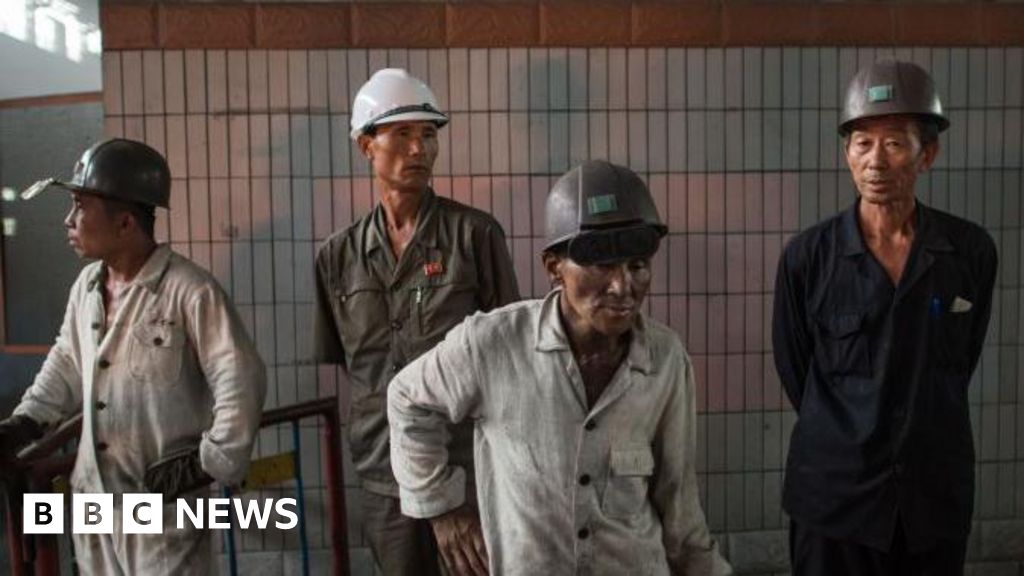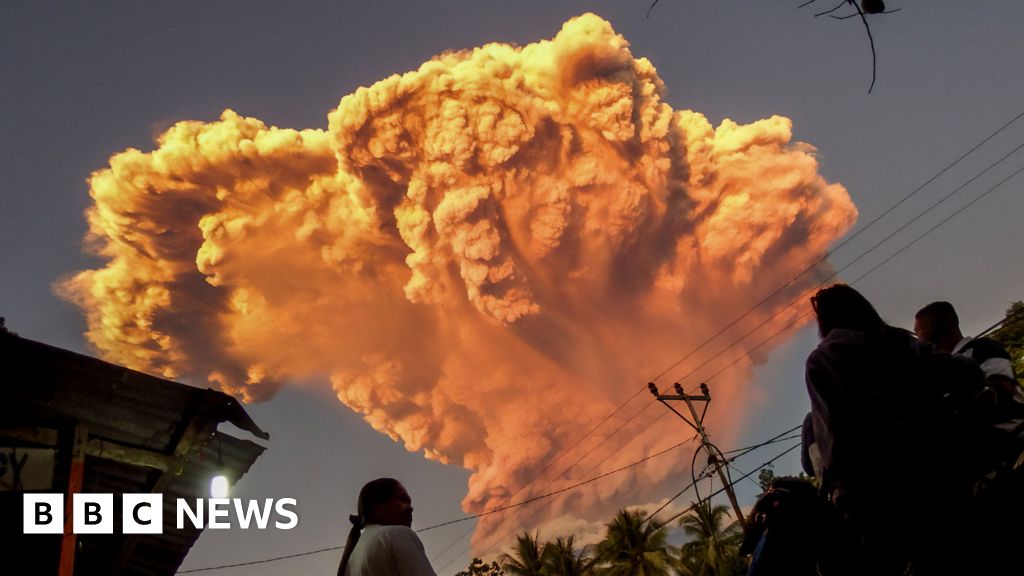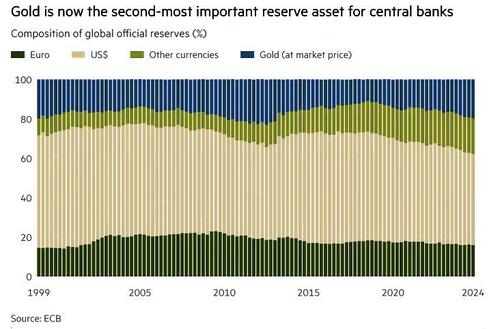G7 Ends With Little Achieved; Iranians Flee Tehran as War Escalates
Source: The Iron Wire
(0:00 - 0:06) I'm Will Dove. And I'm Hannah Bern. And these are the top stories for today, Tuesday, June 17. (0:06 - 0:29) The G7 summit in Alberta ends today, with little of significance to report from the meeting. Quebec doctors have been ordered to refer patients for MAiD, even if it violates their conscience or beliefs. A major battle for our freedom of speech was won in Ontario yesterday, and Tehran devolves into chaos as hostilities between Iran and Israel continue to escalate. (0:31 - 1:17) Amid escalating hostilities between Israel and Iran, leaders of the G7 nations meeting in Alberta this week issued a joint statement today, urging a de-escalation of hostilities in the Middle East, including a ceasefire in Gaza, but stopped short of calling for a ceasefire specifically between Israel and Iran. The diplomatic compromise, signed by U.S. President Donald Trump before his early departure from the summit, aimed to preserve G7 unity while avoiding a bolder stance that might have split the group. President Trump left the summit abruptly, with his press secretary Karoline Leavitt citing ongoing events in the Middle East as the reason, though Trump himself told reporters he was returning to Washington for big stuff unrelated to a ceasefire. (1:18 - 1:57) Reports indicated Trump instructed the White House National Security Council to meet upon his return, and U.S. Defense Secretary Pete Hegseth confirmed the deployment of additional U.S. military capabilities to the region for defensive purposes, but not to join Israeli offensive operations. Trump's public statements on Truth Social and to the press emphasized his policy that Iran cannot have a nuclear weapon, which he reiterated multiple times. He also urged Iranians to immediately evacuate Tehran, triggering widespread speculation and concern, though U.S. officials denied any plans for direct U.S. military action against Iran. (1:58 - 2:25) Meanwhile, the G7 statement condemned Iran as the principal source of regional instability and terror. While the statement supported Israel's right to defend itself, it refrained from calling for a ceasefire and instead called for broader de-escalation and a resolution to the crisis. Trump's early departure also meant he missed scheduled meetings with Ukrainian President Volodymyr Zelenskyy and Mexican President Claudia Sheinbaum on the final day of the summit. (2:26 - 3:09) The G7 leader's cautious call for de-escalation reflected the complexities of the crisis and the need for unity among Western powers, even as the conflict appeared to deepen with no clear end in sight. Notably, the joint statement preserved Israel's right to self-defense and singled out Iran as the source of instability, but offered little in the way of a path to peace beyond a broad appeal for calm. A recent memorandum circulated by a Quebec medical group instructs all physicians and nurse practitioners in the province that they are obligated to refer patients who request Medical Assistance in Dying, even if the health care provider objects to the procedure on conscience grounds. (3:09 - 3:57) The directive, reported by Alex Schadenberg, executive director of the Euthanasia Prevention Coalition, reiterates strict adherence to legal and ethical guidelines under current provincial law. The memorandum, titled General Reminder Regarding Requests for Medical Assistance in Dying, made, makes explicit reference to sections 26 and 31 of the S. 32.0001, Act Respecting End-of-Life Care in Quebec. According to this law, if a health care provider cannot personally fulfill a patient's request for MAiD due to religious, moral, or conscientious objections, they must forward the request to the Interdisciplinary Support Group, ISG. (3:57 - 4:45) The ISG is responsible for providing clinical, administrative, and ethical support, including the evaluation of MAiD requests, facilitating administrative processes, and offering guidance and mentoring by experts in end-of-life care. The detailed instructions specify that if a provider refuses a request based on eligibility criteria, refuses to assist in formulating or withdrawing an anticipated application, or refuses the required examination, they must notify and forward the case to the ISG. The ISG's role encompasses not only the administration of MAiD, but also continuous palliative sedation and help in drafting anticipated MAiD applications for patients curious about future options. (4:46 - 5:28) Schadenberg highlights that, while health care is a provincial jurisdiction and practices may differ across Canada, Quebec now leads the world in euthanasia rates following these procedures. The article closes with a critical note, suggesting that the requirement for providers to leave their conscience at the door when making referrals raises profound ethical questions, especially for professionals with strong moral or religious objections. For details on where Canada is heading with the upcoming Track 2 MAiD, which will come into effect in 2027, see Will's interview with Angelina Ireland of the Delta Hospice Society, released today. (5:30 - 6:06) Canadians won an important victory in the fight for freedom of speech on Monday. Torontonian pro-life activist Linda Gibbons, 76, was found not guilty yesterday by the Ontario Court for breaching a nearly three-decade-long injunction that had barred her from standing outside the Morgentaler Clinic in Toronto, one of the province's most well-known abortion facilities. Gibbons' acquittal comes after she was arrested on February 12 for her peaceful demonstration outside the clinic, carrying a sign featuring a crying baby and the message, Why, Mom? When I have so much love to give. (6:07 - 6:38) This recent arrest was the fifth time in the past year that Gibbons has been incarcerated for her activism. According to the Campaign Life Coalition, Gibbons has faced decades of peaceful witness, 11-plus years in jail and countless arrests, all for her dedication to standing for life outside abortion clinics. Since her arrest earlier this year, Gibbons has made repeated court appearances, typically remaining silent, as she did during this trial, to, in her words, witness for unborn children who cannot speak for themselves. (6:39 - 7:06) Gibbons has a long history of run-ins with the law due to her protests. Prior to her most recent arrest, she was last arrested in September 2015 for a similar silent protest outside the Morgentaler Clinic. In 2016, an Ontario judge convicted her of breaking a 1999 civil injunction that prohibited pro-life activity within 500 feet of the clinic, leading to 141 days in jail. (7:06 - 7:41) That injunction was later superseded by Ontario's Safe Access to Abortion Services Act, enacted in 2018 under former Premier Kathleen Wynne's Liberal government. The law forbids pro-life activities such as praying, sidewalk counselling, or showing disapproval of abortion within 50 metres of Ontario's eight abortion facilities. Gibbons has been vocal in her criticism of this law, calling it contrived and accusing it of bowing to the death mill on Hillsdale Ave, creating what she described as a justice-free zone where the rights of the unborn are not recognized. (7:42 - 8:01) Despite the Progressive Conservative government's long tenure under Doug Ford, the law has not been challenged. Key witnesses in previous legal proceedings have testified that Gibbons' actions do not interfere with the normal operations of the abortion facility. In September, two such witnesses contributed to her acquittal in a similar case. (8:02 - 8:46) In recent months, the federal government has ramped up its pro-abortion rhetoric, while pro-life activists point out that, according to CLC, abortion has resulted in the deaths of over four million pre-born babies in Canada since its legalization in 1969, a figure comparable to the population of Alberta. With her latest acquittal, Linda Gibbons is now free to continue her decades-long mission, despite facing ongoing legal and social challenges in a contentious national debate. Amid renewed hostilities between Iran and Israel and a flurry of worldwide concern, U.S. President Donald Trump used the G7 stage to announce that he perceives signs Iran wants to de-escalate. (8:46 - 9:18) Yet, the situation on the ground in Tehran and the broader region is one of heightened fear and urgent displacement, with ordinary Iranians sharing haunting last images of their homes as they flee. Speaking at the start of a G7 meeting with Prime Minister Mark Carney yesterday, Trump told reporters that he had received indications Iranian officials may now be seeking to ease tensions. Have you heard any signals or seen any messages from intermediaries that Iran wishes to de-escalate the conflict? Yeah. (9:18 - 9:33) What have you heard? What have you heard from the Iranians? They'd like to talk, but they should have done that before. I had 60 days, and they had 60 days, and on the 61st day, I said, we don't have a deal. They have to make a deal. (9:33 - 9:48) And it's painful for both parties, but I'd say Iran is not winning this war. And they should talk, and they should talk immediately before it's too late. Despite these diplomatic signals, violence has escalated sharply. (9:49 - 10:10) Oil prices slumped more than $2 per barrel Monday as markets anticipated possible de-escalation. But fresh military attacks are complicating the picture. According to reports, Israel has requested direct U.S. involvement, but the White House has denied considering direct participation at this time, committing only to indirect support for Israel. (10:11 - 10:34) On the ground in Tehran, U.S. warnings for residents to immediately evacuate have led to scenes of panic and sorrow. The capital's nearly 10 million residents are now confronting wrenching choices, whether to shelter at home or risk dangerous gridlocked escape routes. Traffic jams have stretched up to 14 hours as anxious residents try to exit. (10:35 - 11:00) Fuel queues are long, and stories abound of people abandoning all but the most essential possessions. One resident, Arash, described a trip from Tehran to Kazban that would normally take 90 minutes but lasted nearly five hours. Others, including a pregnant woman with a young daughter, have decided to stay in Tehran, fearing the danger of the journey or clinging to what remains of their lives. (11:00 - 11:24) Trump's early morning evacuation orders were reportedly followed by explosions and heavy air defense fire in Tehran. Iran responded with missile launches, triggering air raid alerts in parts of Israel. The most recent strikes have killed at least 224 in Tehran, according to Iranian state media, while Israeli officials report 24 deaths from retaliatory Iranian strikes. (11:25 - 11:50) Both sides are accusing each other of targeting residential areas, contributing to civilian casualties. Despite Trump's assertion that he wants something better than a ceasefire and a real end, for now, the streets of Tehran and the wider region remain engulfed in fear, displacement and uncertainty. Residents are left to hope for a diplomatic resolution even as the bombs continue to fall. (11:51 - 12:14) I'm Hannah Bern and I'm Will Dove, and those are top stories for today, Tuesday, June 17th. Thanks for watching.
